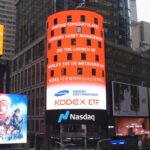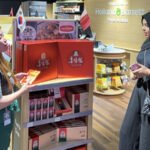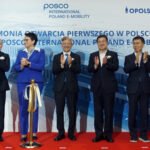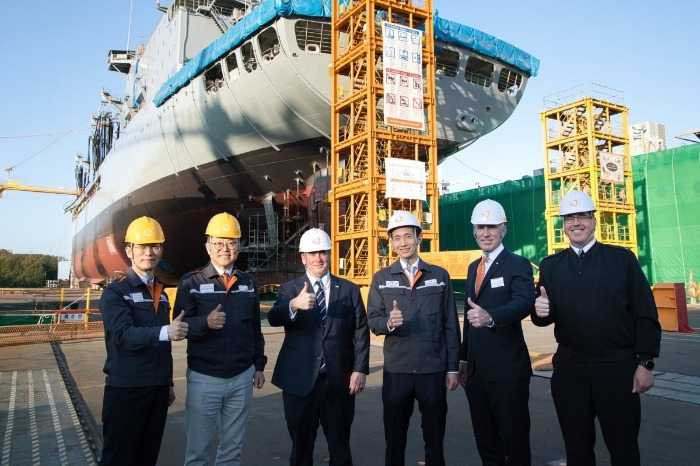
With the US-EU tariff deal sealed, South Korea is ramping up a last-ditch push to strike its own agreement before the US-set Aug. 1 deadline, playing high-stakes cards, including shipbuilding investment and US farm imports.
According to people familiar with the matter on Monday, Hanwha Group’s Vice Chairman Kim Dong-kwan flew to the US on the same day to join a high-level South Korean delegation as the country seeks to avoid steep tariffs on its exports to the world’s largest economy.
Kim’s trip came less than a day after the US and the European Union reached a trade deal to cap baseline tariffs at 15% for European goods, including automobiles, as part of a broader pact that includes the bloc’s commitment to buying $750 billion of American energy products and investing an additional $600 billion in the country.
Earlier, Japan also struck a similar 15% tariff deal with the US.
With Japan and the EU now securing tariff terms, South Korea finds itself under growing pressure to match concessions – or risk falling behind rivals in key export sectors, like autos and semiconductors.
Officials familiar with the matter say Kim is expected to play a central role in detailing South Korea’s proposed investment package in the US shipbuilding industry, likely a centerpiece of Seoul’s negotiating strategy.
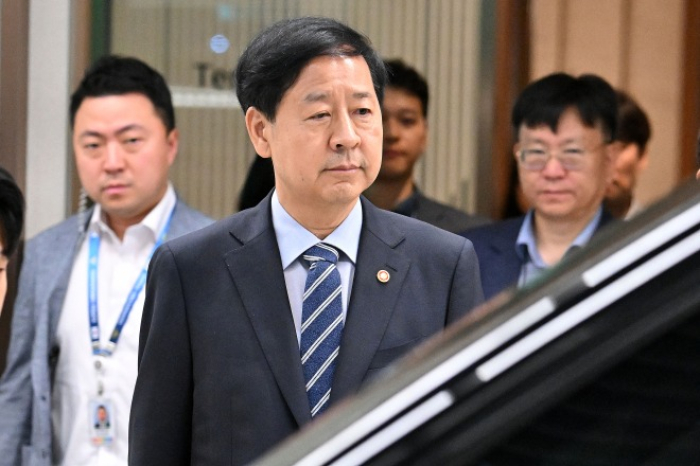
The proposal, dubbed “Make American Shipbuilding Great Again,” or MASGA, includes not only capital investment in the US shipbuilding sector but also financial support, such as loans and guarantees backed by Korean institutions.
MAKE AMERICAN SHIPBUILDING GREAT AGAIN
The MASGA plan was presented last Friday during talks in New York between Korea’s Industry Minister Kim Jung-kwan and US Commerce Secretary Howard Lutnick.
Inspired by US President Donald Trump’s “Make America Great Again” slogan, the initiative aims to revitalize America’s dormant shipbuilding sector.
Hanwha has already been a major investor in the US shipbuilding sector since it acquired Philly Shipyard, now Hanwha Philly Shipyard, for $100 million last December. It is currently the only Korean shipbuilder operating a local shipyard in the US.
The South Korean chemicals-to-defense conglomerate has reportedly proposed to the Korean government its additional investment worth a minimum of several hundred billion won, technology transfers and workforce development for the revival of the US shipbuilding industry.
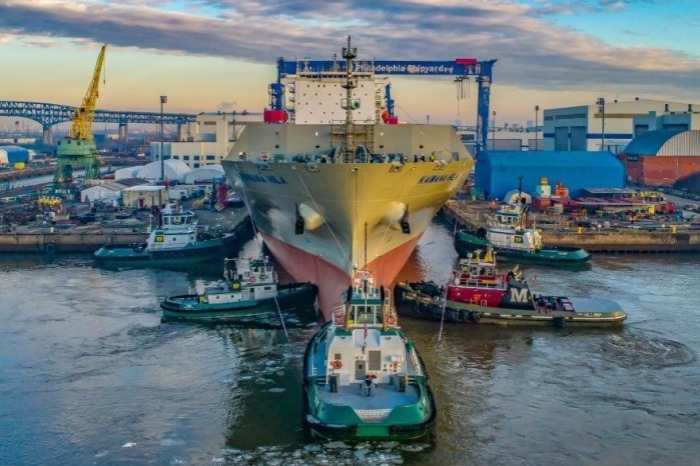
Kim could offer to acquire another US shipyard or further expand its US investment to reinforce South Korea’s position in the tariff talks to avert 25% US tariffs on Korean exports to the country, according to sources.
The US government is said to have shown great interest in the MASGA program, as the world’s largest economy is striving to revive its shipbuilding industry under President Donald Trump’s direction.
15%: THE RED LINE
As the EU and Japan have cut their baseline tariffs to 15%, Asia’s fourth-largest economy is under mounting pressure to push to at least match the ceiling, or secure preferential terms under its existing free trade agreement (FTA) with the US, which currently eliminates US tariffs on Korean car imports.
European and Japanese cars are currently subject to 2.5% tariffs in the US.
If Korean vehicles are hit with higher duties – potentially up to 25% – they risk losing their pricing edge of about 5% over rivals on average under the FTA, threatening Korea’s foothold in the US auto market.
In 2024, Korea-made cars sold 1.43 million units in the US, while Japanese and European cars sold 1.37 million and 758,000 units, respectively.
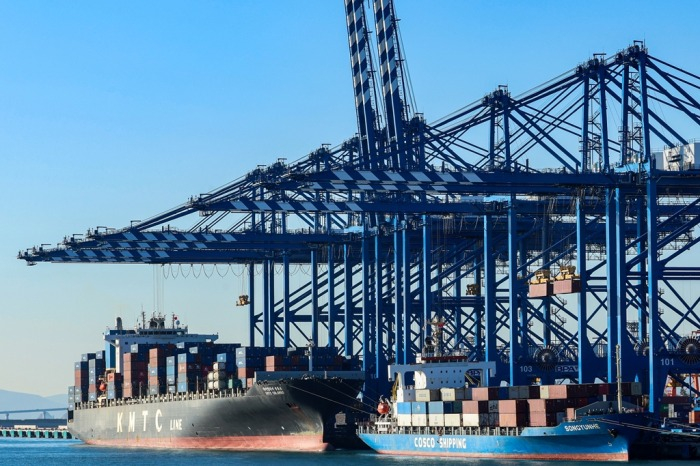
To sweeten the deal, Seoul has even signaled its willingness to offer politically sensitive trade concessions.
South Korea is considering placing US agricultural imports, long viewed as off-limits, on the table, including potential market access for rice and beef, said Korean government officials late last week.
While no specific products have been confirmed, even the suggestion risks backlash from domestic farm groups and civic organizations.
Deputy Prime Minister and Finance Minister Koo Yoon-cheol and Industry Minister Kim will lead the high-level trade talks with their US counterparts over the next few days.
The so-called 2+2 trade talks were originally scheduled for last Friday in Washington, D.C., but were canceled by the US just hours before Korea’s chief negotiators were due to fly out.
In an attempt to revitalize tariff talks, Seoul is known to be considering a US investment package worth over $100 billion involving both private sector commitments and state-backed funds. The package may include imports of US LNG, oil and aircraft.
By Woo-Sub Kim, Ji-Eun Ha, Ri-Ahn Kim and Bo-Hyung Kim
duter@hankyung.com
Sookyung Seo edited this article.


